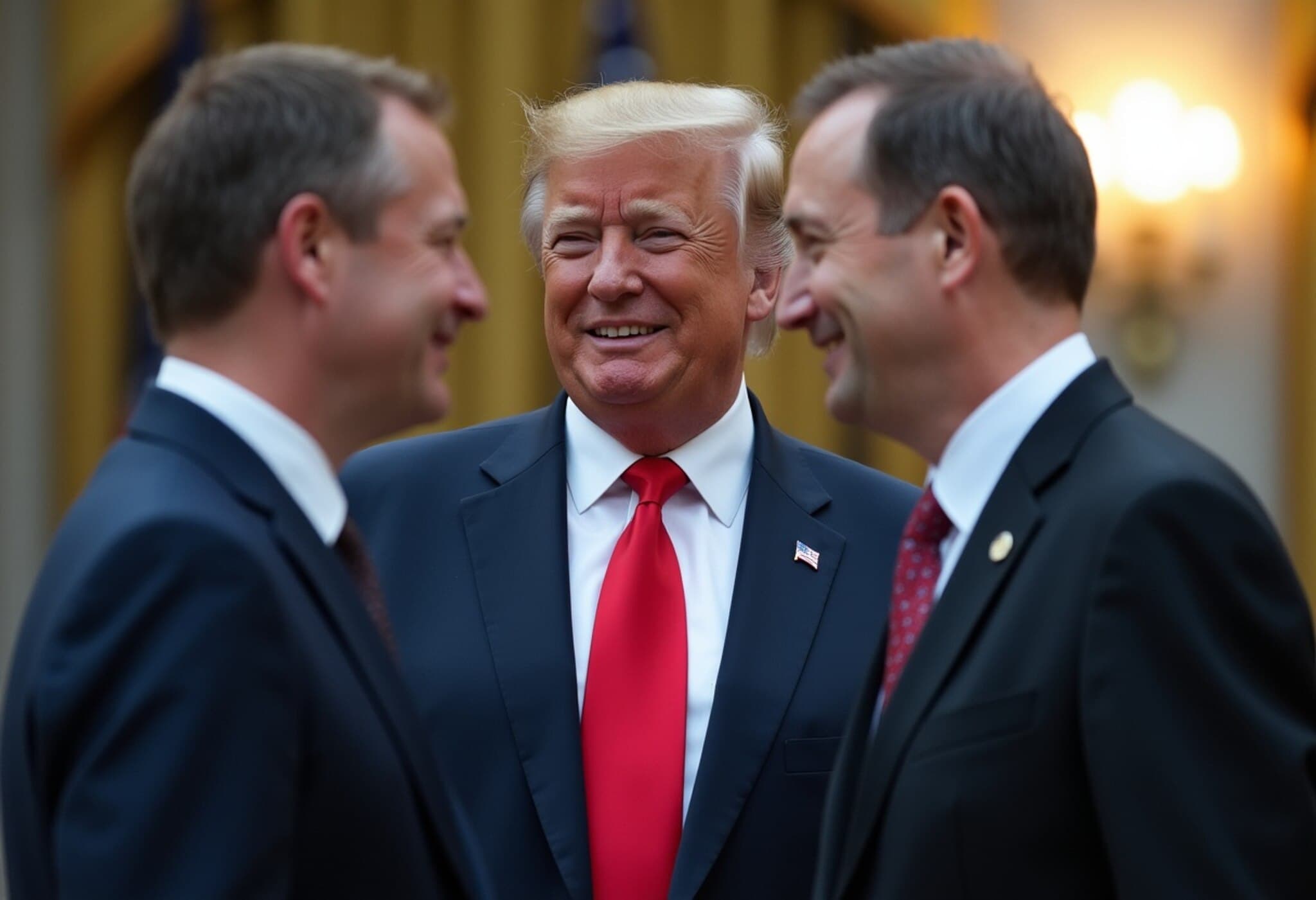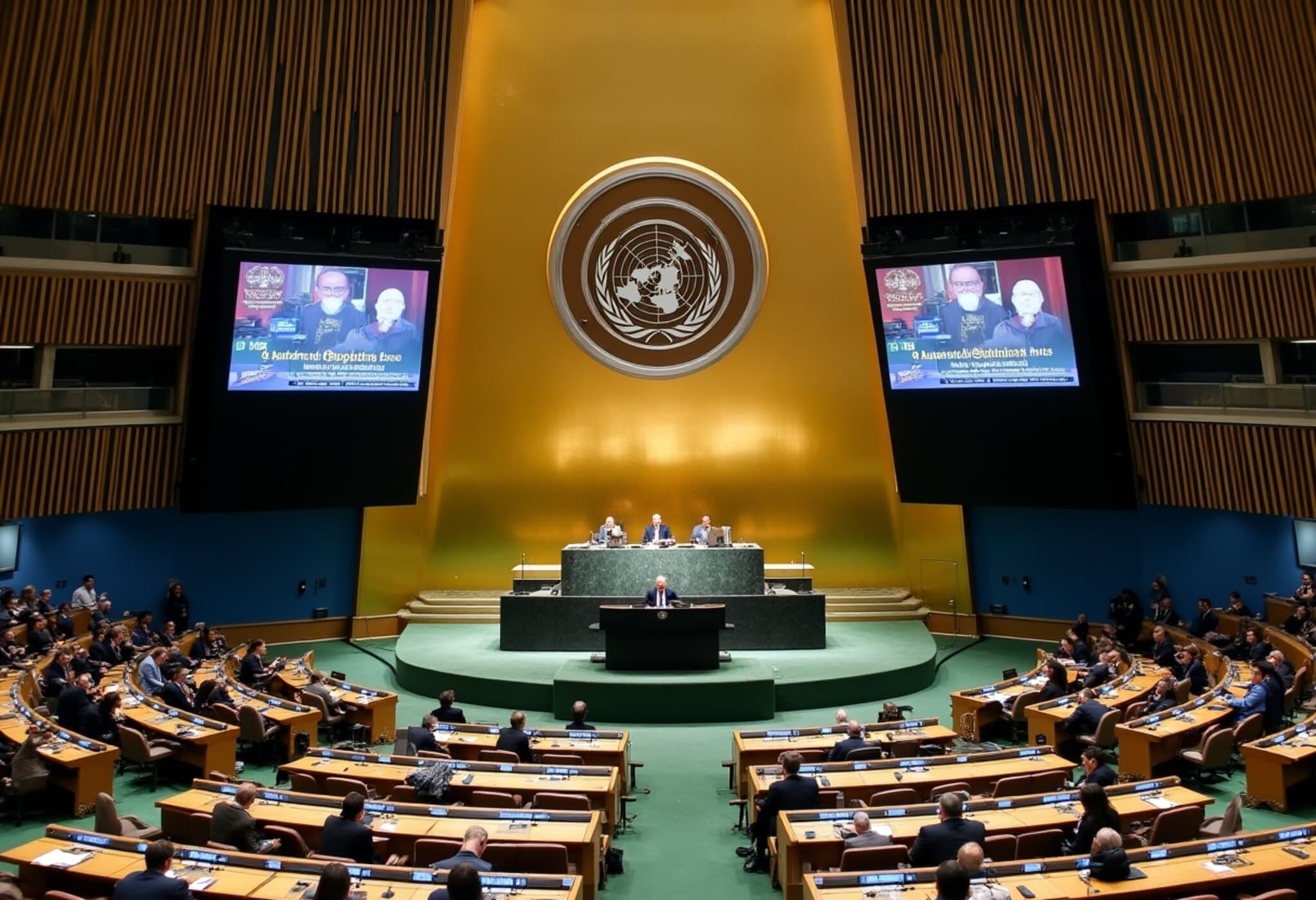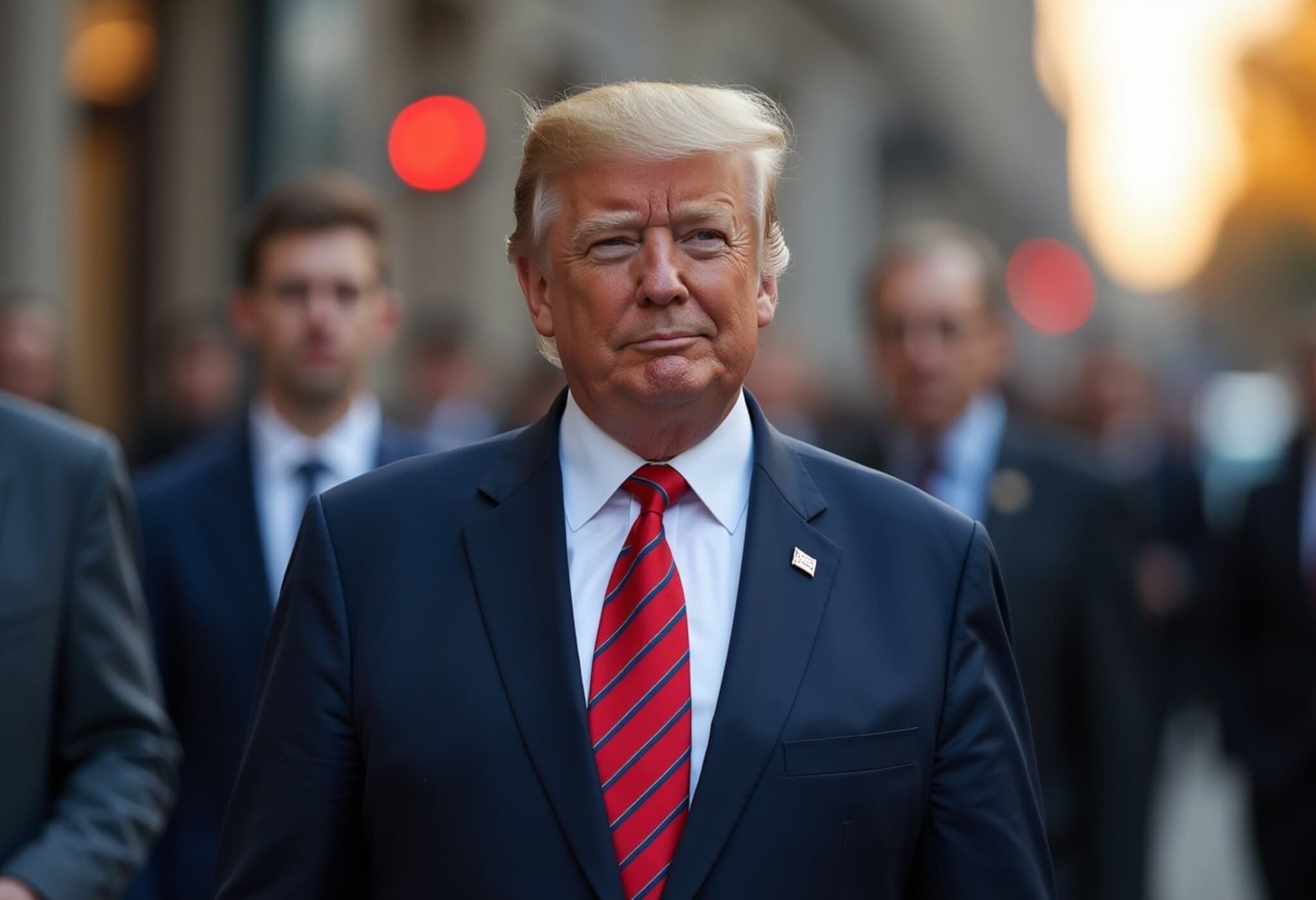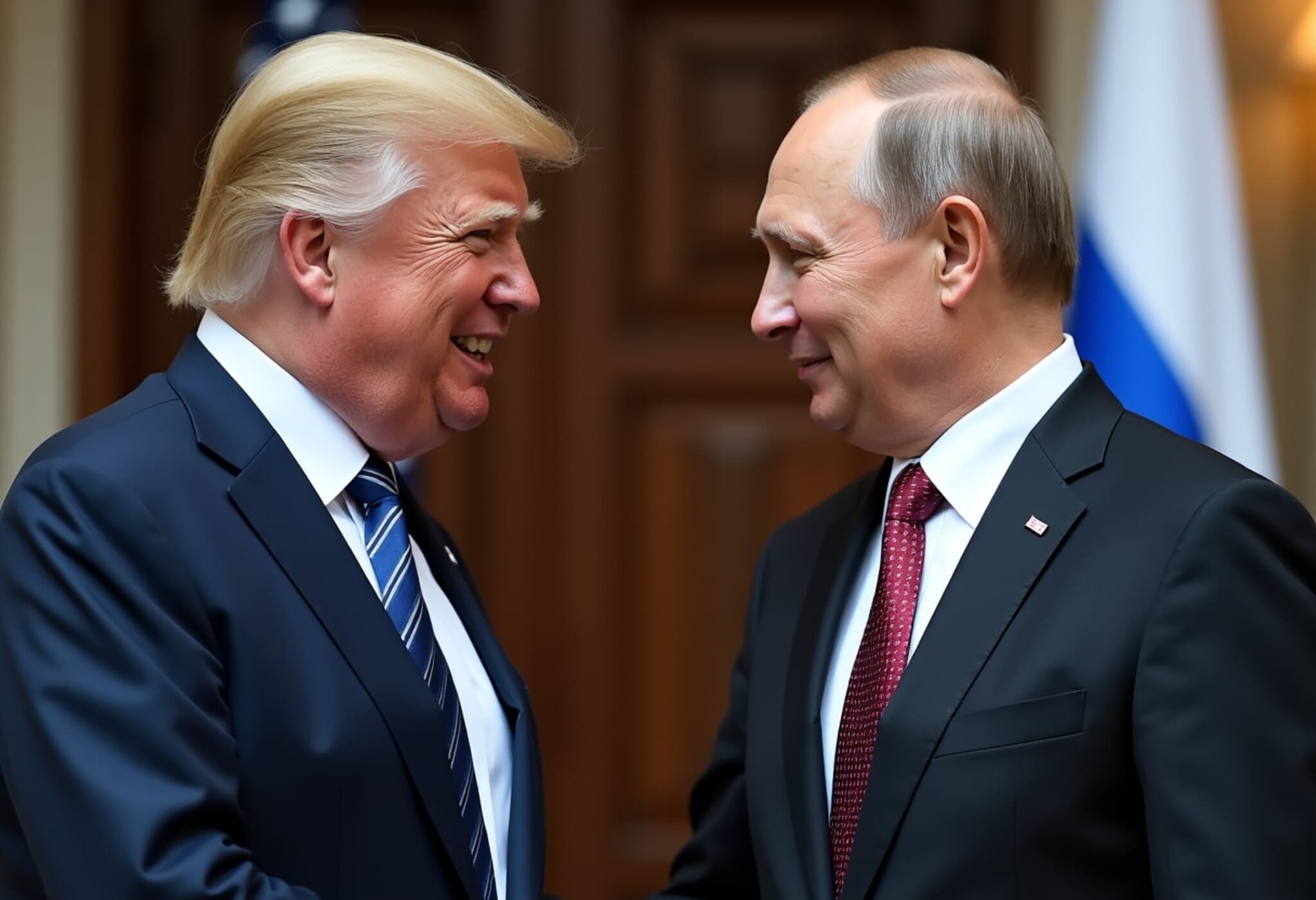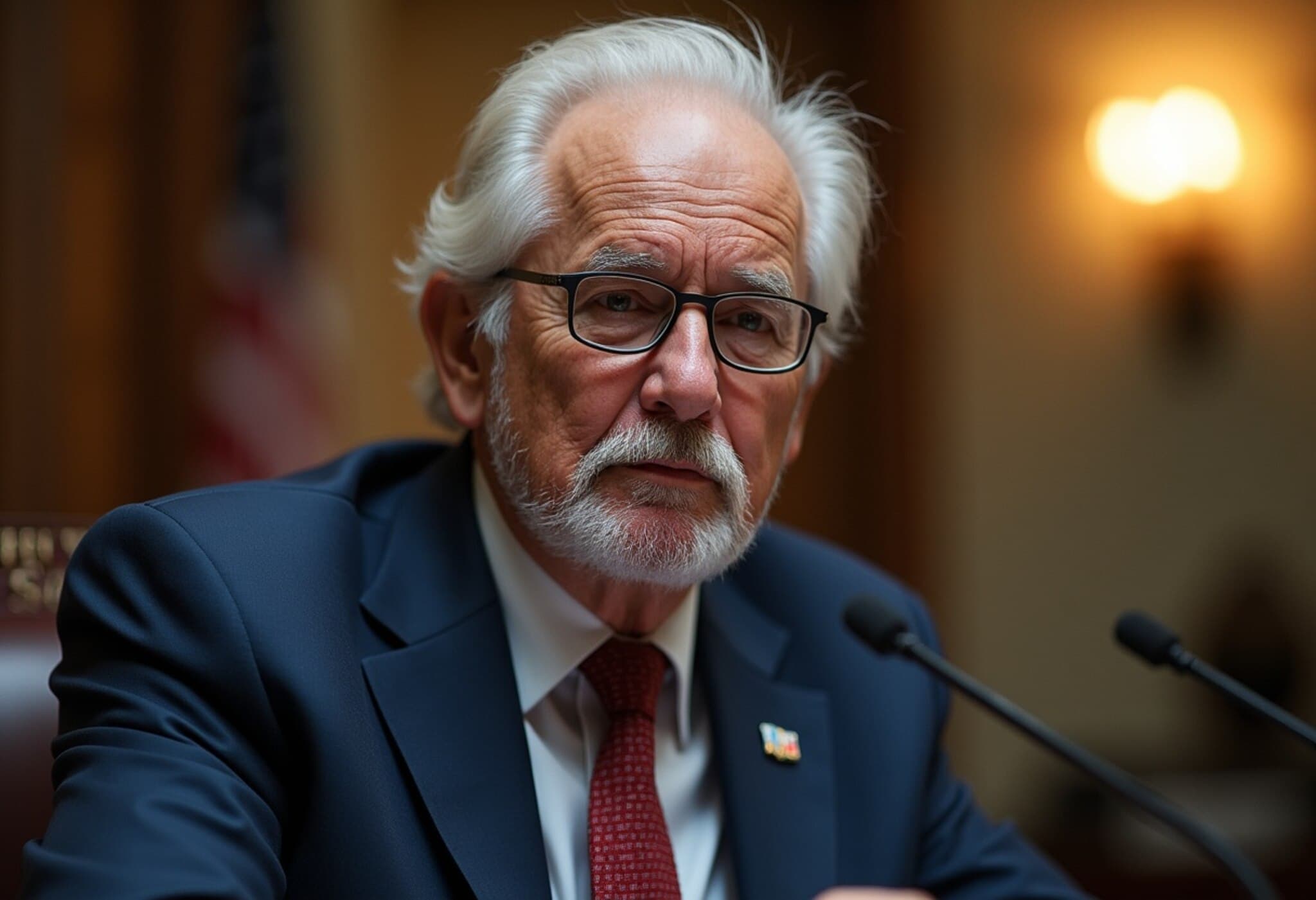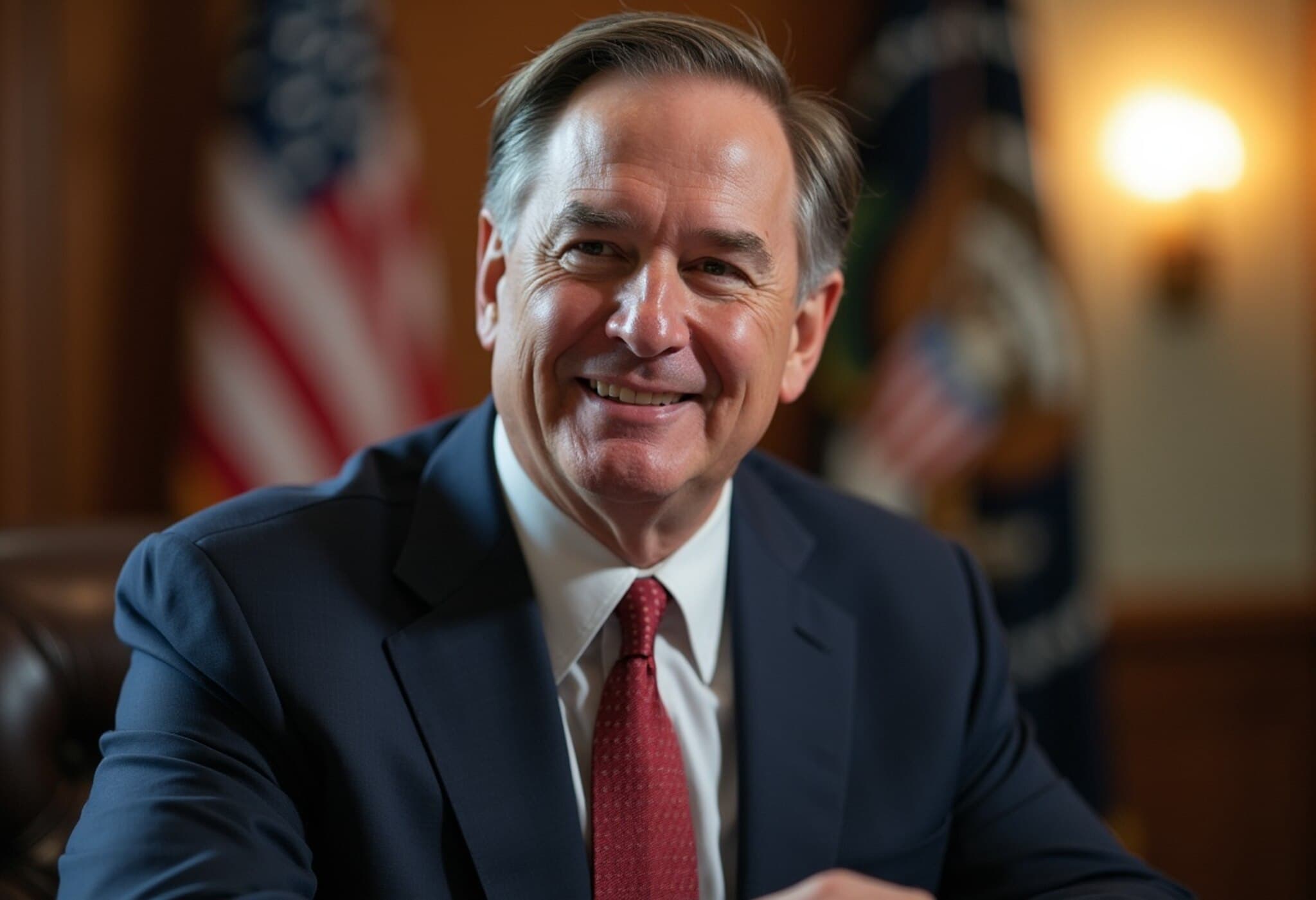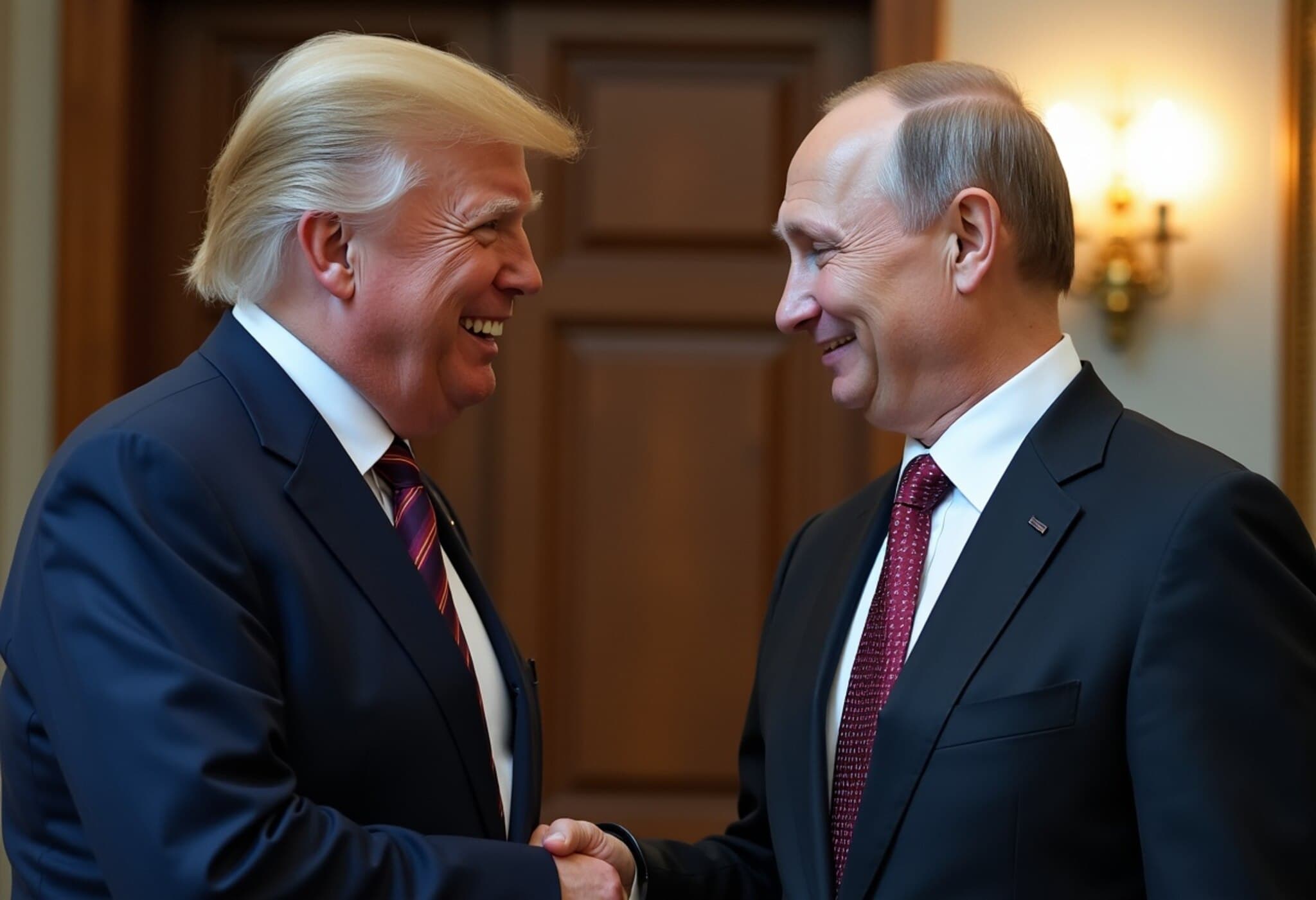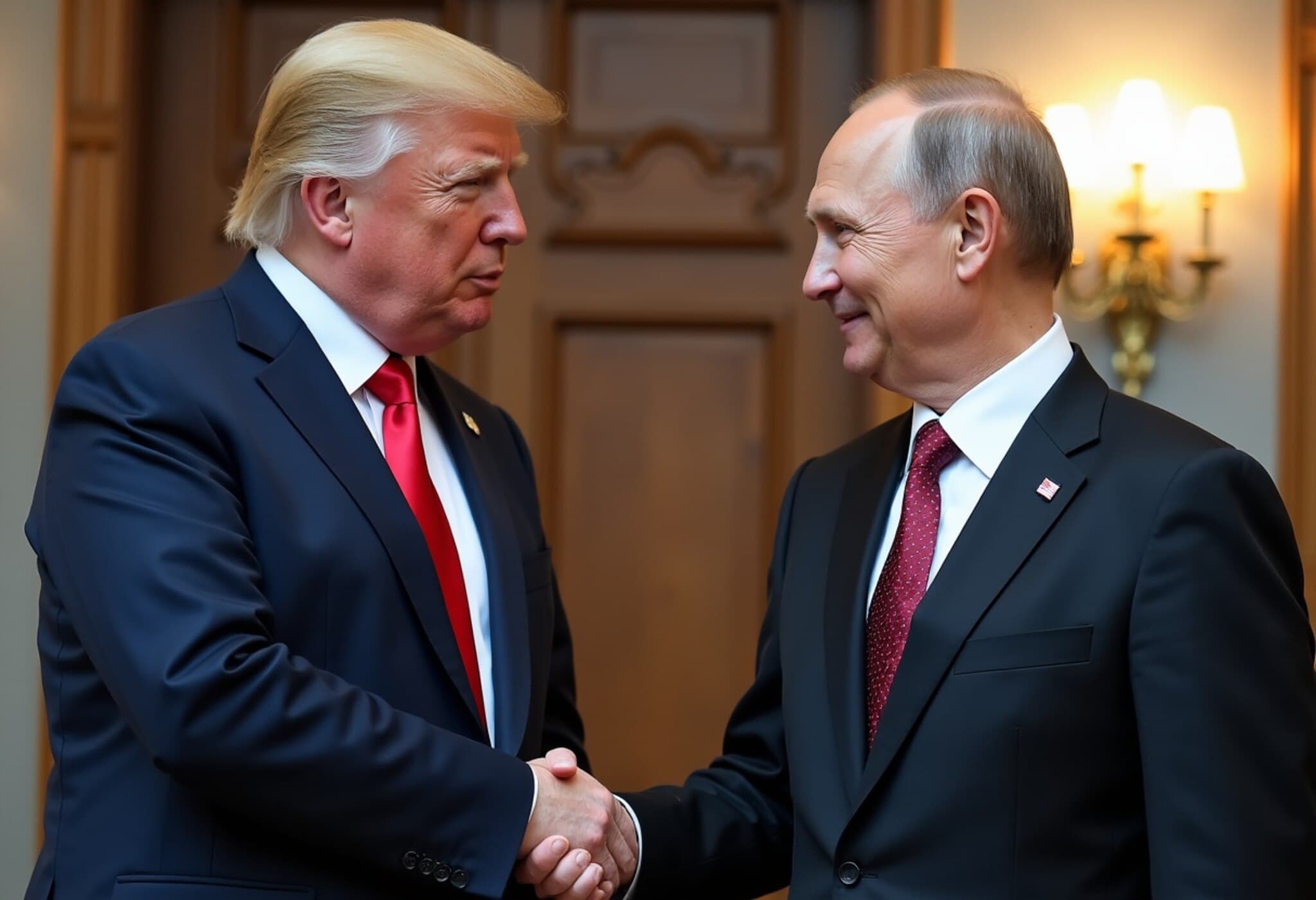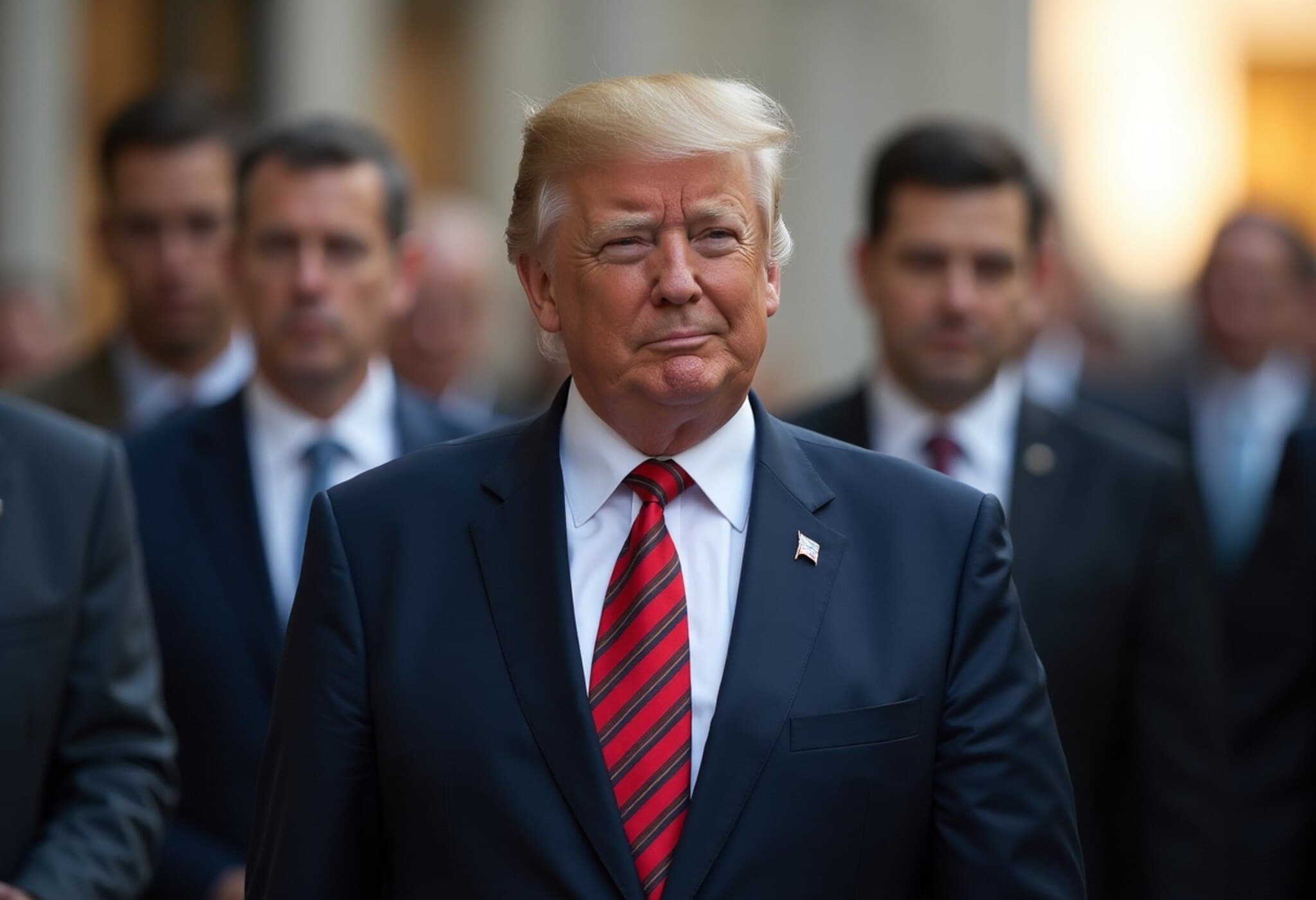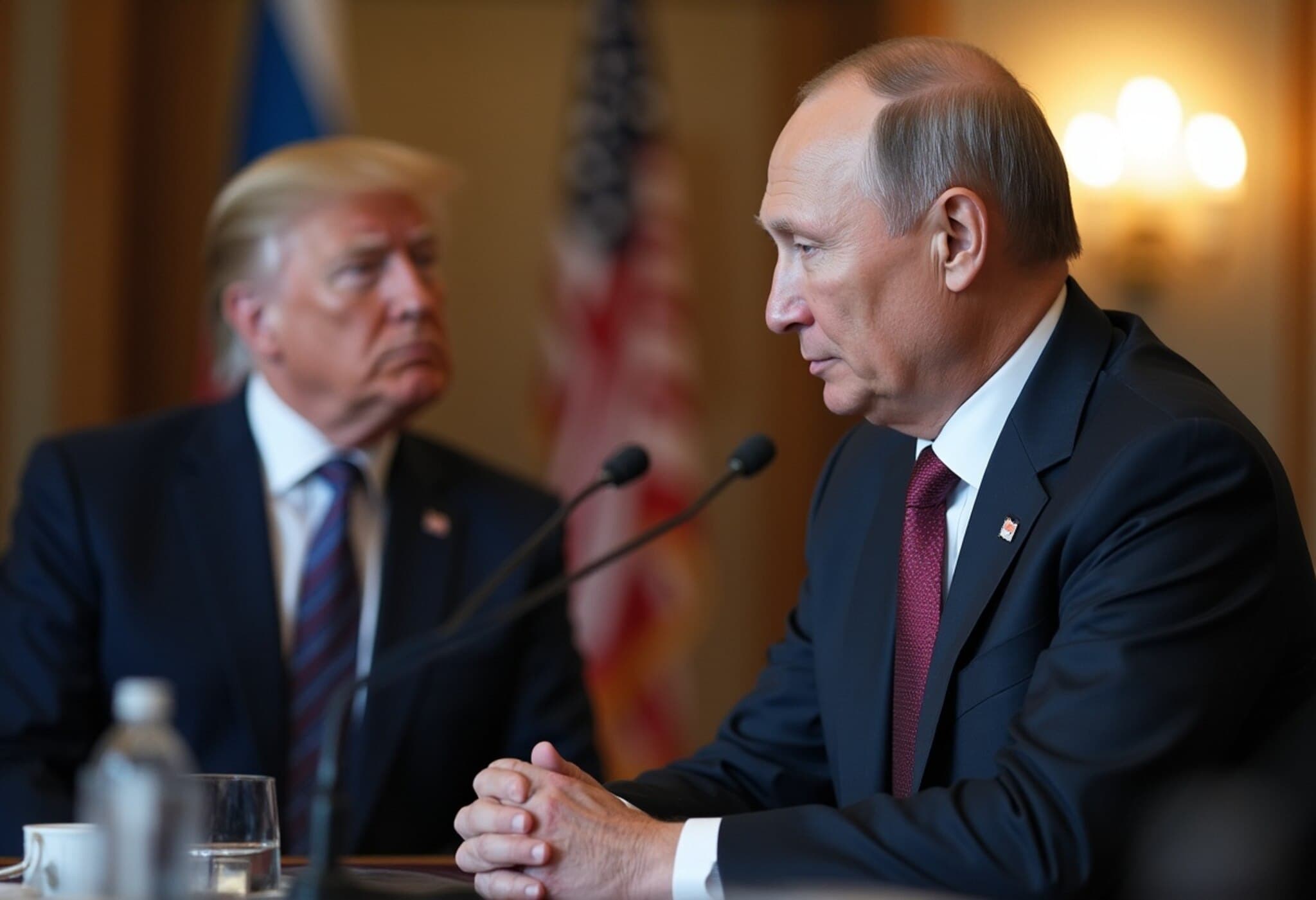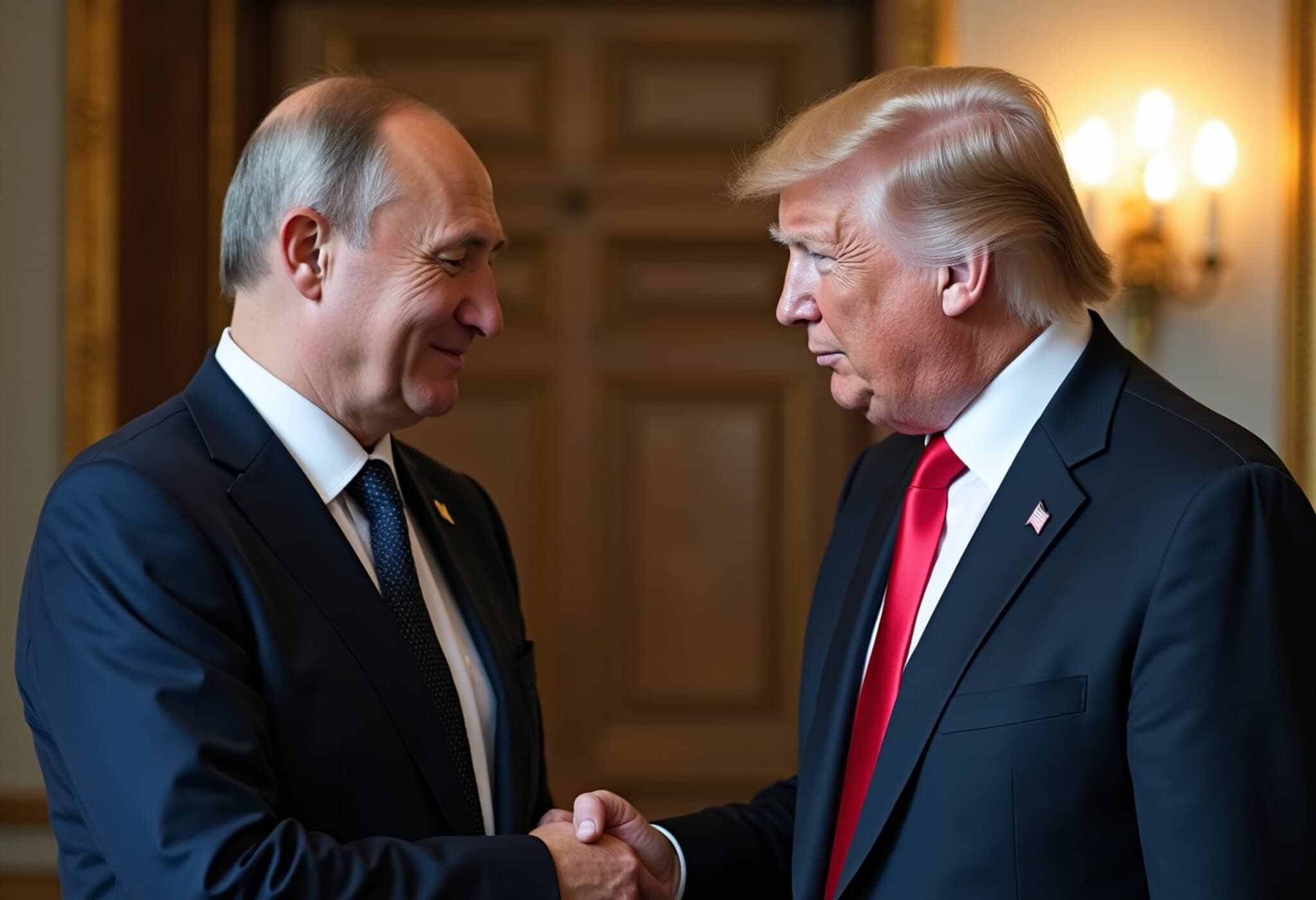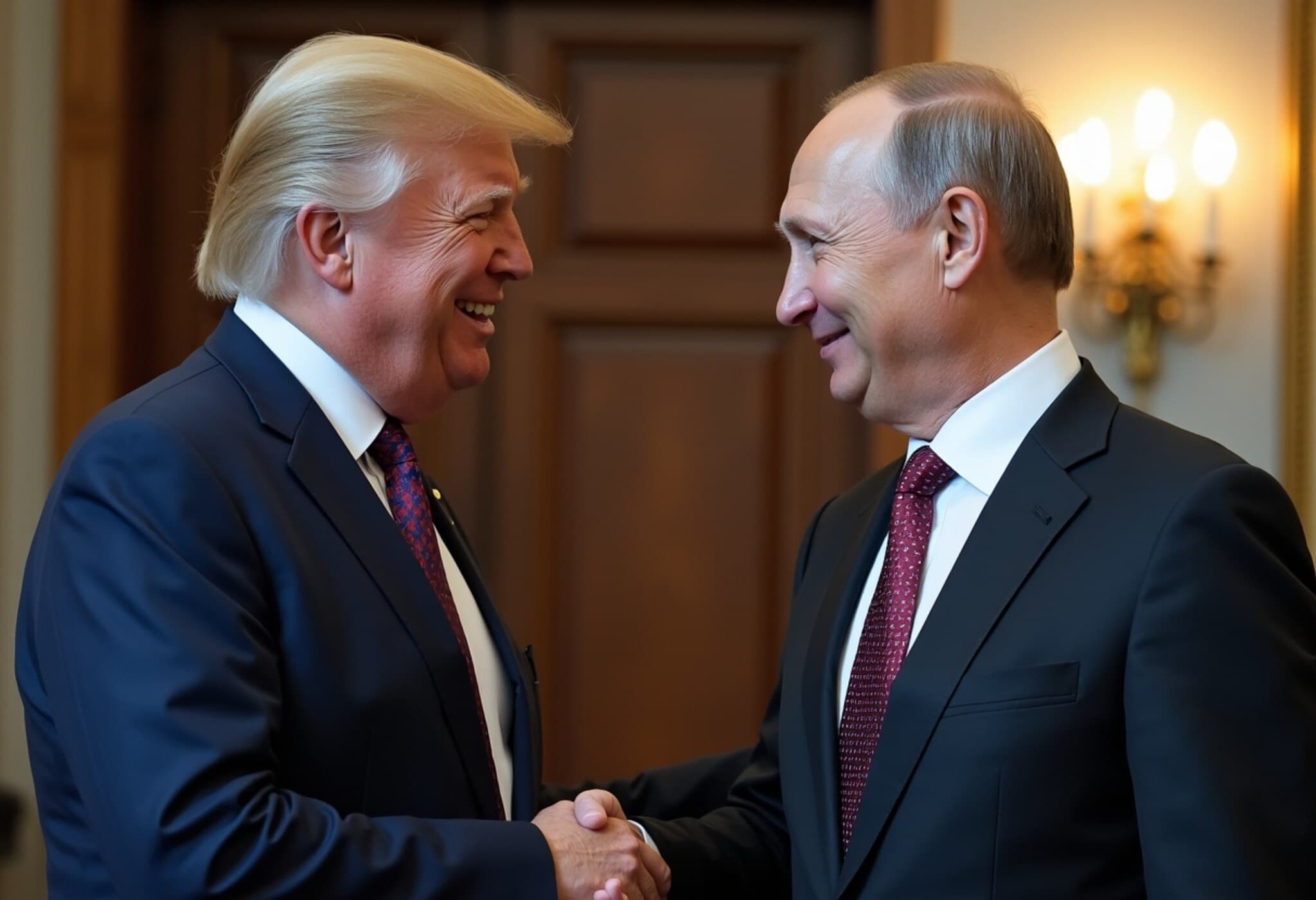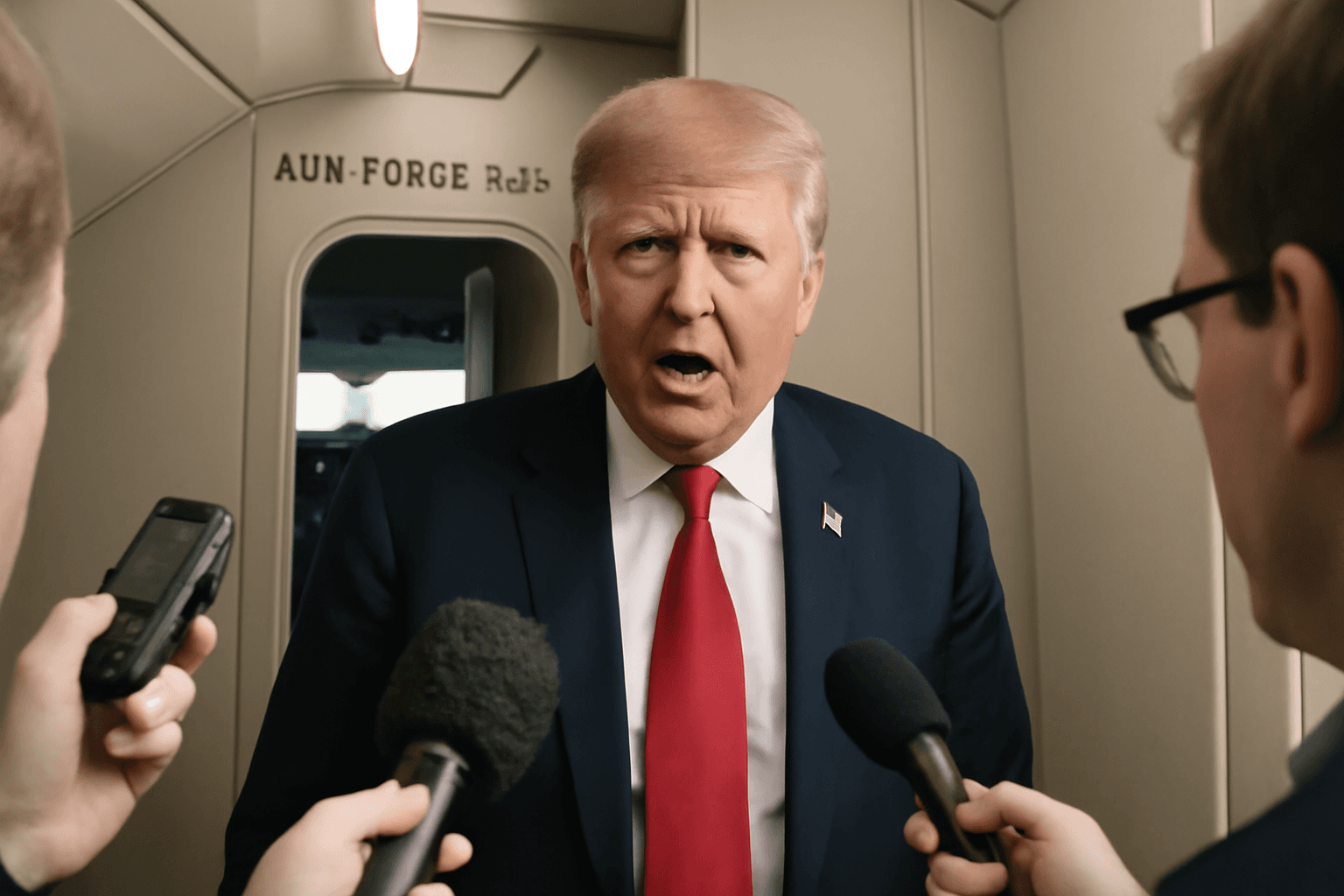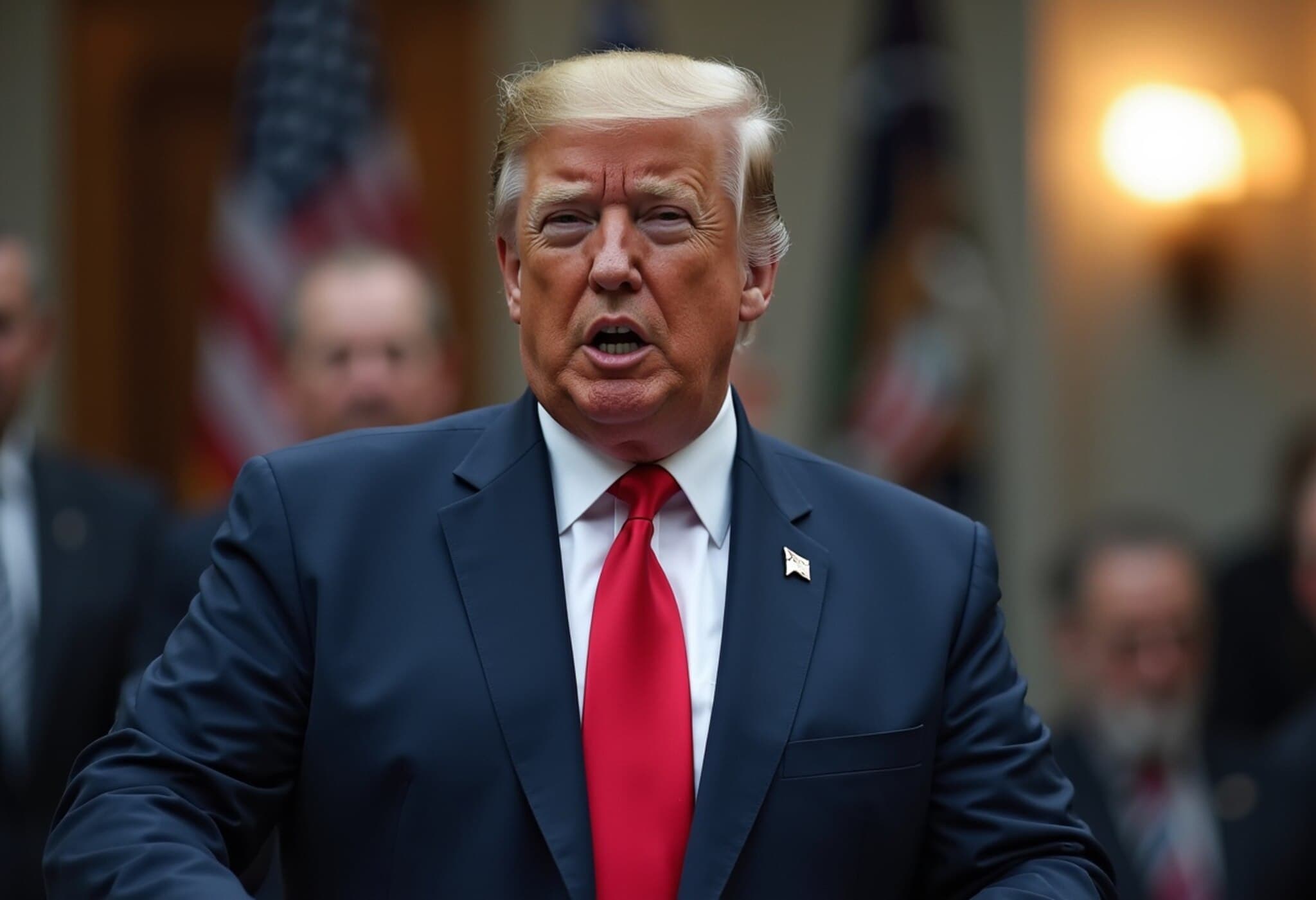Trump Expresses Willingness to Meet Putin Without Ukrainian President
In a surprising twist in the ongoing dialogue surrounding the Russia-Ukraine conflict, former US President Donald Trump has indicated his openness to meeting Russian President Vladimir Putin without the involvement of Ukrainian President Volodymyr Zelenskyy. This development marks a significant departure from previous hopes of a trilateral summit aimed at brokering a ceasefire.
Background: Russia's Precondition for US-Russia Summit
The Kremlin has firmly rejected the notion of a three-way meeting involving Zelenskyy, making a bilateral meeting between Putin and Trump a precondition for any high-level talks. Addressing reporters in the Oval Office, Trump stated, "No, he doesn’t [need to meet Zelenskyy first]. They would like to meet with me, and I’ll do whatever I can to stop the killing." This statement foregrounds Trump's aggressive approach toward direct communication with Russia as a pathway to conflict resolution.
Conflicting Signals from Washington
However, Trump's remarks seem to conflict with reports from a White House official cited by the New York Post, pointing out Putin's repeated refusals to meet Zelenskyy and complex negotiations surrounding the proposed talks. This contradiction highlights the chaotic and somewhat uncoordinated nature of the US's current diplomatic strategy toward Russia. Experts note that such mixed messaging could undermine the credibility of US mediation efforts and complicate international consensus on de-escalation strategies.
Putin's Stance on Meeting Zelenskyy
While the Kremlin remains open to talking directly with the United States, Putin has been explicit about his reluctance to engage in dialogue with Zelenskyy. During a discussion with Russian media, Putin remarked, "I have nothing against it in general, it is possible, but certain conditions must be created for this. Unfortunately, we are still far from creating such conditions." This caveat underscores the deep mistrust and unresolved tensions between Moscow and Kyiv, which continue to cast a long shadow over prospects for peace.
Kremlin Clarifies Summit Plans
Yuri Ushakov, a senior Putin aide, clarified that the Kremlin’s focus remains on organizing a bilateral summit with Trump rather than a trilateral one. He said, "The Russian side left this option completely without comment," effectively distancing Russia from prior US suggestions of a three-way meeting. This reveals a strategic effort by Russia to sidestep direct negotiations with Ukraine's leadership while maintaining diplomatic engagement with the US.
Potential Venue and Regional Diplomacy
Details about where and when the US-Russia summit might take place are currently under wraps. During a meeting with UAE President Mohamed bin Zayed Al Nahyan in the Kremlin, Putin hinted that allies like the UAE could help organize the talks, suggesting that Gulf states might play a discreet but pivotal role in facilitating dialogue. This signals an emerging pattern of Middle Eastern countries serving as neutral intermediaries in global conflicts—an angle underreported in mainstream coverage.
What This Means for US Foreign Policy and the Russia-Ukraine War
- Diplomatic Risks: The US's acceptance of Russian preconditions may be perceived as a concession, raising concerns about Washington appearing to acquiesce to Kremlin demands without safeguarding Ukrainian interests.
- Impact on Ukraine: Excluding Zelenskyy from negotiations complicates Kyiv's agency in peace talks and could impact US support dynamics.
- Geopolitical Implications: The involvement of non-traditional mediators like the UAE highlights shifting regional balances, as global power brokers seek footholds in the conflict’s resolution.
Expert Commentary
International relations scholar Dr. Emily Carter notes, "By signaling willingness to meet Putin unilaterally, the US—under Trump’s shadow—risks undermining a multilateral approach to ending the conflict, potentially sidelining Ukraine from critical discussions about its own sovereignty." She adds, "The role of regional actors like the UAE could be a double-edged sword, as their interests may not fully align with Western or Ukrainian goals." This nuanced understanding invites readers to consider the complex web of interests shaping the conflict's diplomatic chessboard.
Editor’s Note
As efforts to broker peace in the Russia-Ukraine war confront significant diplomatic hurdles, the prospect of US-Russia talks excluding Ukraine raises pressing questions about the integrity and effectiveness of conflict resolution mechanisms. Will sidelining Kyiv pave the way for a sustainable ceasefire, or merely deepen geopolitical fissures? Furthermore, what does this diplomatic choreography reveal about shifting power alliances and the future of American foreign policy? Readers are encouraged to reflect on these challenges as the international community grapples with a resolution to this enduring crisis.



